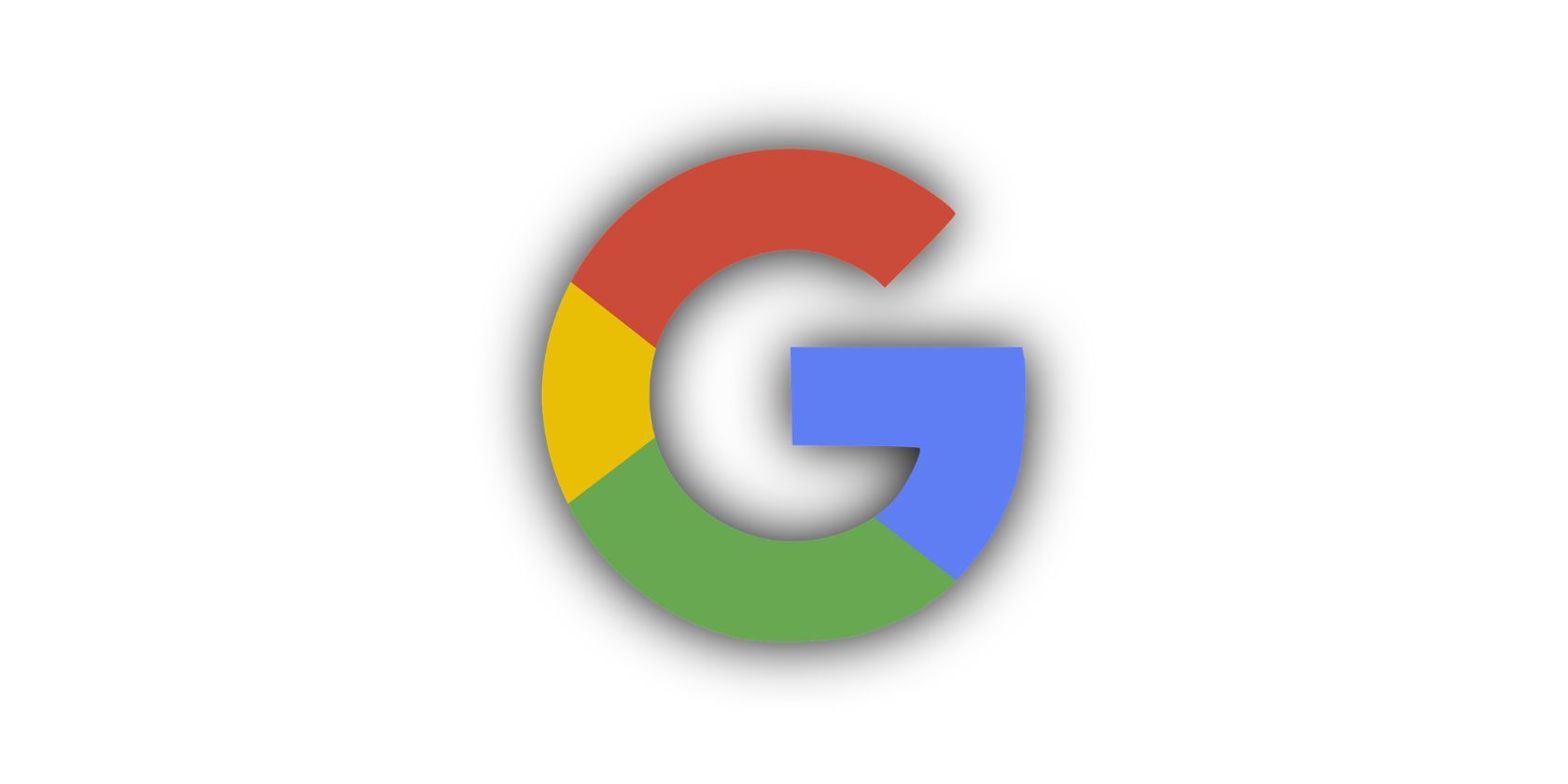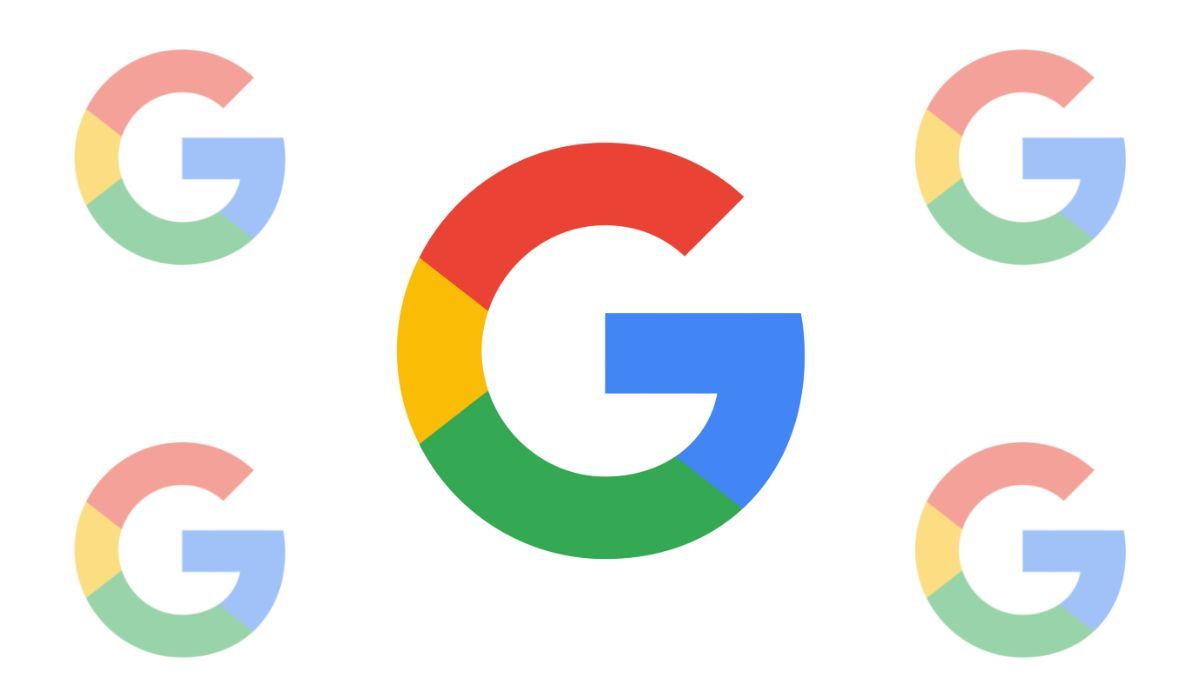As one of the most valuable companies in the world, Google provides a wide range of products and services that are used by hundreds of millions of people every single day.
But what does Google know about you? And how much data does it really collect? Probably more than you can imagine.
Why Google Is Everywhere (and Keeping Tabs on You)
It's hardly surprising that Google collects data from those who use its products and services; be it through search, YouTube, email, maps, or Chrome. This data is invaluable, because it tells Google who you are, what you do, what interests you, how you behave, and what you respond to. In other words, it pretty much reveals everything about you as a consumer.
It appears as though most people are either not completely aware of this, or are willing to give up their privacy to use Google products for free. But there is actually an entire movement dedicated to removing Google from one's life. Called De-Google, it is led by activists who claim the tech giant's monopolistic power poses a grave danger to privacy as such.
But can you really de-Google your life? You can definitely limit the amount of data Google collects on you by tweaking app permissions, optimizing your smartphone and computer, changing location settings, and so on. But the truth is, none of this will completely eliminate Google from your life.
Let's say you've made a real effort to de-Google; doing your best to avoid its most invasive products, blocking ads, and providing as little information about yourself as possible.
Would this increase your privacy? Absolutely. Would it eradicate Google from your life? Not even close, because Google keeps tabs on you even when you're not directly engaging with its products. It does so through trackers, which have become so ubiquitous that it's almost impossible to evade them.
According to data compiled by DuckDuckGo, of the top 75,000 sites on the World Wide Web, 72 percent use the tracking tool Google Analytics. There's nothing sinister about Google Analytics on the surface, as it is mostly used by website owners to measure engagement, the number of visitors, ad clicks, and so on. But of course, the tool does much more than that.
Google Analytics doesn't just provide basic statistical information to webmasters, but also collects all kinds of data about visitors, and then adds this data to Google's existing profiles about people. So, when you visit a website that uses Google Analytics, you give Google access to your browsing history, for example.
Then there's also Global Site Tag, another Google-owned tracker that is used by millions of websites, because it helps track ads that are served through Google's own advertising program. On top of this, Google uses a bunch of other trackers, all in order to gather as much data about you as possible. And Google doesn't use this data just to create targeted ad campaigns, but for a variety of other purposes. As it builds a profile of you, Google will recommend content for you to engage with and even shape search results based on what its algorithm thinks you want to read.
In short, Google is everywhere, and whether you use its products or not, it is gathering data about you and using that data to create a unique profile, which in turn allows it to shape what you see online. All of this goes on in the background pretty much constantly, without your knowledge or explicit consent.
How to Stop Google From Tracking You
Is it even possible to escape Google's all-seeing eye? In theory, yes, but this requires a broader approach. If you don't want Google to track you, you shouldn't use any of its products or services. That should be your starting point. Here's what you can do.
Ditch Chrome for Brave or Firefox
Instead of using Google Chrome, use Firefox or Brave. These browsers automatically block Google's trackers and protect against other forms of data collection. And if you add a few privacy-enhancing extensions, it will be next to impossible for tech companies to track you through your browser.
Uninstall Your Android Operating System
If you've got an Android phone, you should ditch the proprietary version of Android, since it's owned and operated by Google. Instead, install a more private alternative such as GrapheneOS or LineageOS.
Use a Different Search Engine
There are plenty of private search engines nowadays. DuckDuckGo is probably the most widely-used, but Qwant, SearchEncrypt, and StartPage are also pretty good, even if they may not be as accurate as Google.
Switch to an Encrypted Email Provider
You may be used to Gmail, but there are several encrypted email providers that aren't just more private, but also have better functionality and cooler features. ProtonMail, TutaNota, and Mailfence, to name a few, are definitely worth looking into.
Use a Private Google Maps Alternative
Google Maps works great: it's intuitive, accurate, and will get you to your destination without any major issues most of the time. But it's incredibly invasive and collects an enormous amount of data. Fortunately, there are mapping and navigation apps that do the job just as well, without violating user privacy.
Stop Using Google Analytics
If you're a website owner, nobody can blame you for using Google Analytics. However, there are similar tools that don't actually violate user privacy. Matomo Analytics has gained a lot of traction in recent years, but it's not the only alternative out there. Fathom Analytics, for example, is a great alternative that complies with some of the world's strictest privacy laws. There's also Simple Analytics, which—as the name suggests—is all about ease of use, but puts privacy first.
De-Googling Is Hard, but Not Impossible
At the end of the day, it's simple: if you have any interest in maintaining your privacy in the digital world, you need to steer clear of Google's products and services. But whether you can get away from Google's far-reaching tentacles is a whole different matter.
With that said, de-Googling is not impossible, but it does require knowledge and some effort. The good news is, there are plenty of private alternatives to popular software, so avoiding Google and other Big Tech companies is not impossible.


